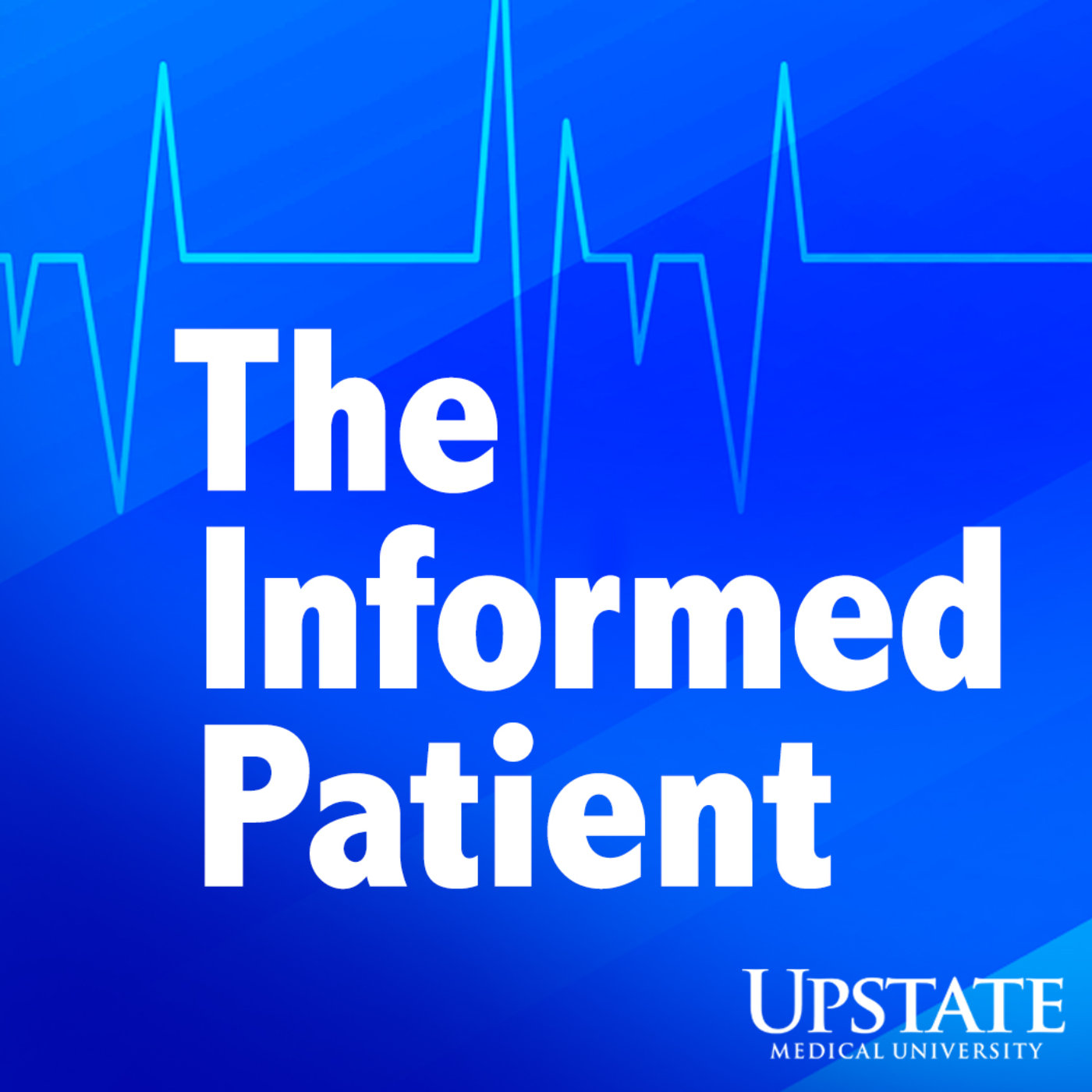- Health
- SEE MORE
- classical
- general
- talk
- News
- Family
- Bürgerfunk
- pop
- Islam
- soul
- jazz
- Comedy
- humor
- wissenschaft
- opera
- baroque
- gesellschaft
- theater
- Local
- alternative
- electro
- rock
- rap
- lifestyle
- Music
- como
- RNE
- ballads
- greek
- Buddhism
- deportes
- christian
- Technology
- piano
- djs
- Dance
- dutch
- flamenco
- social
- hope
- christian rock
- academia
- afrique
- Business
- musique
- ελληνική-μουσική
- religion
- World radio
- Zarzuela
- travel
- World
- NFL
- media
- Art
- public
- Sports
- Gospel
- st.
- baptist
- Leisure
- Kids & Family
- musical
- club
- Culture
- Health & Fitness
- True Crime
- Fiction
- children
- Society & Culture
- TV & Film
- gold
- kunst
- música
- gay
- Natural
- a
- francais
- bach
- economics
- kultur
- evangelical
- tech
- Opinion
- Government
- gaming
- College
- technik
- History
- Jesus
- radio
- movies
- services
- Church
- podcast
- Education
- international
- Transportation
- Other
- kids
- podcasts
- philadelphia
- Noticias
- love
- sport
- Salud
- film
- and
- 4chan
- Disco
- Stories
- fashion
- Arts
- interviews
- hardstyle
- entertainment
- humour
- medieval
- literature
- alma
- Cultura
- video
- TV
- Science
- en
Rising suicide rates - and what to do if someone you care for is struggling

Robert Gregory, MD (photo by Jim Howe) Robert Gregory, MD (photo by Jim Howe) Suicide rates in the United States are on the rise Suicide rates in the United States are on the rise for the first time in decades, going up 25 perent from 1999 to 2016. The increase is seen across different regions of the country, among different age groups, genders and ethnicities -- and especially among the young and middle-aged. R for the first time in decades, going up 25 perent from 1999 to 2016. The increase is seen across different regions of the country, among different age groups, genders and ethnicities -- and especially among the young and middle-aged. R obert Gregory, MD, obert Gregory, MD, a psychiatrist and director of Upstate's Psychiatry High Risk Program helps explain the causes. How can a person tell if someone is at risk for suicide? Gregory says there are some classic symptoms, such as social withdrawal, a decline in the ability to function (grades or work performance may drop) and a more negative outlook. But he suggests asking whether the person has contemplated suicide: "If you don't ask, you're not going to know." The Psychiatry High Risk Program can be reached at 315-464-3117. In Central New York, the Contact community service organization can be reached 24/7 at 315-251-0600. The National Suicide Prevention Hotline can be reached at 800-273-8255. a psychiatrist and director of Upstate's Psychiatry High Risk Program helps explain the causes. How can a person tell if someone is at risk for suicide? Gregory says there are some classic symptoms, such as social withdrawal, a decline in the ability to function (grades or work performance may drop) and a more negative outlook. But he suggests asking whether the person has contemplated suicide: "If you don't ask, you're not going to know." The Psychiatry High Risk Program can be reached at 315-464-3117. In Central New York, the Contact community service organization can be reached 24/7 at 315-251-0600. The National Suicide Prevention Hotline can be reached at 800-273-8255.